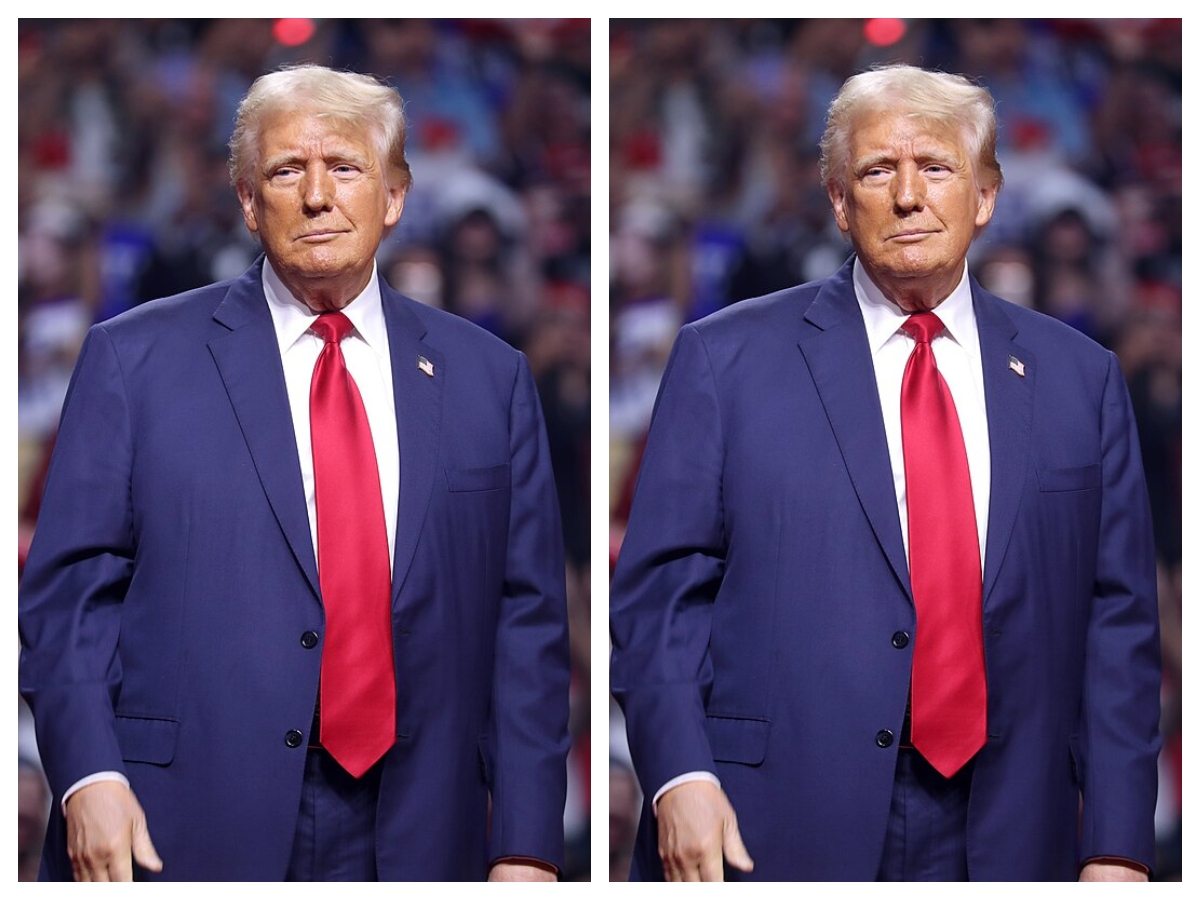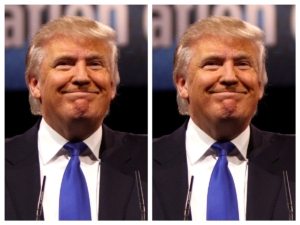The Trump administration is revoking $7.6 billion in federal funding for clean energy initiatives across 16 states, a list that notably overlaps with those that supported Kamala Harris in last year’s presidential election.
The Department of Energy confirmed Thursday that 223 projects were cut following a review that deemed them either economically unviable or not aligned with what officials described as “the nation’s energy needs.” The cancellations sweep across programs tied to the Office of Clean Energy Demonstrations, the Office of Energy Efficiency and Renewable Energy, and other DOE divisions.
Environmental advocates warn the decision will disrupt work on hydrogen development, battery storage, carbon-capture systems, and grid upgrades. “This is yet another blow by the Trump administration against innovative technology, jobs and the clean energy needed to meet skyrocketing demand,’’ said Jackie Wong of the Natural Resources Defense Council.
Russell Vought, the White House budget director, celebrated the cancellations in a late-night social media post, saying money “to fuel the Left’s climate agenda is being cancelled.” He listed projects in California, Colorado, Connecticut, Delaware, Hawaii, Illinois, Maryland, Massachusetts, Minnesota, New Hampshire, New Jersey, New Mexico, New York, Oregon, Vermont and Washington state.
The administration has not explained why only those 16 states were targeted, even though clean energy projects exist nationwide. Each of the affected states supported Harris in 2024, and their senators opposed the Republican short-term funding bill aimed at ending the shutdown.
Among the largest projects now in jeopardy are California’s $1.2 billion hydrogen hub and a $1 billion hydrogen effort in the Pacific Northwest. By contrast, hydrogen projects in Texas and a joint initiative in West Virginia, Ohio, and Pennsylvania survived the cut.
President Donald Trump, in an interview with One America News released Wednesday, defended the move: “I’m allowed to cut things that never should have been approved in the first place and I will probably do that.”
The backlash was swift. California Gov. Gavin Newsom said the state’s hydrogen hub, known as ARCHES, had already attracted $10 billion in private investment and could support more than 200,000 jobs. “This cut threatens our economy and our future,” he said. Sen. Alex Padilla of California called the decision “vindictive” and “shortsighted.”
Democrats in Washington echoed that criticism. Sen. Patty Murray of Washington accused the administration of using energy programs as political leverage, saying Trump was treating “families and their livelihoods like pawns in some sort of sick political game.”
The Energy Department noted that more than a quarter of the rescinded funds had been awarded during the lame-duck period between Election Day and Inauguration Day. Recipients now have 30 days to appeal.
Energy Secretary Chris Wright defended the cancellations, saying they fulfilled Trump’s promise to “protect taxpayer dollars and expand America’s supply of affordable, reliable, and secure energy.”
This marks the second major rollback in as many weeks. Just last Friday, the administration clawed back $13 billion in clean energy funds authorized under the 2022 climate law.
Environmental groups and industry advocates say the repeated reversals undermine U.S. competitiveness. “The move pulls the rug out from dozens of communities and workers counting on these projects,” said Conrad Schneider of the Clean Air Task Force in a report by AP. “It weakens the country’s position in the global marketplace for clean energy.”










